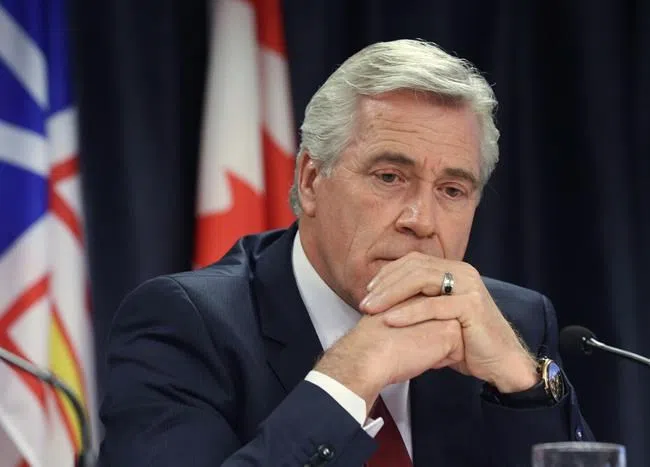
Marine refuge uncertainty strands oil investment off Newfoundland: Ball
ST. JOHN’S, N.L. — Uncertainty over federal efforts to protect marine areas has “stranded” offshore oil investment as Newfoundland and Labrador faces an unprecedented cash crunch, Premier Dwight Ball said Tuesday.
Ball told a federal panel his province wants to enhance ocean health but future decisions should be collaborative, timely and based on good science — not pressure from what he called special interest groups.
Conservationists are pushing for oil and gas restrictions along with other limits in those areas.
Ball says it’s a matter of balance.
